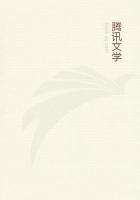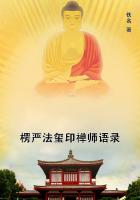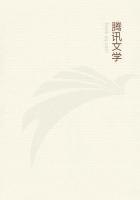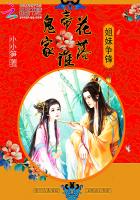John Locke was born in 1632, at Wrington, in England. He studied for himself the Cartesian philosophy at Oxford, setting aside the scholastic philosophy which was still in vogue. He devoted himself to the study of medicine, which, however, on account of his delicate health, he never really practised. In 1664 he went with an English ambassador for a year to Berlin. After his return to England, he became acquainted with the intellectual Earl of Shaftesbury of that time, who availed himself of his medical advice, and in whose house he lived without requiring to give himself up to practice. When Lord Shaftesbury became Lord Chancellor of England, Locke received an office from him, which, however, he soon lost by a change of ministry. Owing to his dread of falling a prey to consumption, he betook himself in 1675 to Montpellier for the benefit of his health. When his patron came into power again he once more recovered the place he had lost, only to be again deposed on a fresh overthrow of this minister, and he was now compelled to flee from England.
“The act by means of which Locke was driven from Oxford” (what post he held there we are not told) “was not an enactment of the University, but of James II., by whose express command, and by the peremptory authority of a written warrant, the expulsion was carried out. From the correspondence that took place, it is evident that the college submitted itself against its will to a measure which it could not resist without compromising the peace and quiet of its members.”
Locke went to Holland, which was at that time the land wherein all who were obliged to effect their escape from any oppression, whether political or religious, found protection, and in which the most famous and liberal-minded men were to be met with. The Court party persecuted him even here, and by royal warrant he was ordered to be taken prisoner and sent to England; consequently he had to remain hidden with his friends. When William of Orange ascended the English throne, after the Revolution of 1688, Locke returned with him to England. He was there made Commissioner of Trade and Plantation, gave to the world his famous treatise on the Human Understanding, and finally, having withdrawn from public office or account of the delicacy of his health, he spent his remaining years in the country houses of English nobles; he died on the 28th day of October, 1704, in the seventy-third year of his life.(1)The philosophy of Locke is much esteemed; it is still, for the most part, the philosophy of the English and the French, and likewise in a certain sense of the Germans. To put it in a few words, it asserts on the one hand that truth and knowledge rest upon experience and observation; and on the other the analysis of and abstraction from general determinations is prescribed as the method of knowledge; it is, so to speak, a metaphysical empiricism, and this is the ordinary method adopted in the sciences. In respect of method, Locke thus employs an exactly opposite system to that of Spinoza. In the methods of Spinoza and Descartes an account of the origin of ideas may be dispensed with; they are accepted at once as definitions, such as those of substance, the infinite, mode, extension, etc., all of which constitute a quite incoherent list. But we require to show where these thoughts come in, on what they are founded, and how they are verified. Thus Locke has striven to satisfy a true necessity. For he has the merit of having deserted the system of mere definitions, which were before this made the starting point, and of having attempted to make deduction of general conceptions, inasmuch as he was, for example, at the pains to show how substantiality arises subjectively from objects. That is a further step than any reached by Spinoza, who begins at once with definitions and axioms which are unverified. Now they are derived, and no longer oracularly laid down, even if the method and manner whereby this authentication is established is not the right one. That is to say, here the matter in question is merely subjective, and somewhat psychological, since Locke merely describes the methods of mind as it appears to us to be. For in his philosophy we have more especially to deal with the derivation of the general conceptions, or ideas, as he called them, that are present in our knowledge, and with their origin as they proceed from what is outwardly and inwardly perceptible. Malebranche no doubt likewise asks how we arrive at conceptions, and thus he apparently has before him the same subject of investigation as has Locke. But firstly, this psychological element in Malebranche is merely the later development, and then to him the universal or God is plainly first, while Locke commences at once with individual perceptions, andonly from them does he proceed to Notions, to God. The universal to Locke is, therefore, merely a later result, the work of our minds; it is simply something pertaining to thought, as subjective. Every man undoubtedly knows that when his consciousness develops empirically, he commences from feelings, from quite concrete conditions, and that it is only later on that general conceptions come in, which are connected with the concrete of sensation by being contained therein. Space, for example, comes to consciousness later than the spacial, the species later than the individual; and it is only through the activity of my consciousness that the universal is separated from the particular of conception, feeling, etc. Feeling undoubtedly comes lowest, it is the animal mode of spirit; but in its capacity as thinking, spirit endeavours to transform feeling into its own form. Thus the course adopted by Locke is quite a correct one, but all dialectic considerations are utterly and entirely set aside, since the universal is merely analyzed from the empirical concrete. And in this matter Kant reproaches Locke with reason, the individual is not the source of universal conceptions, but the understanding.

